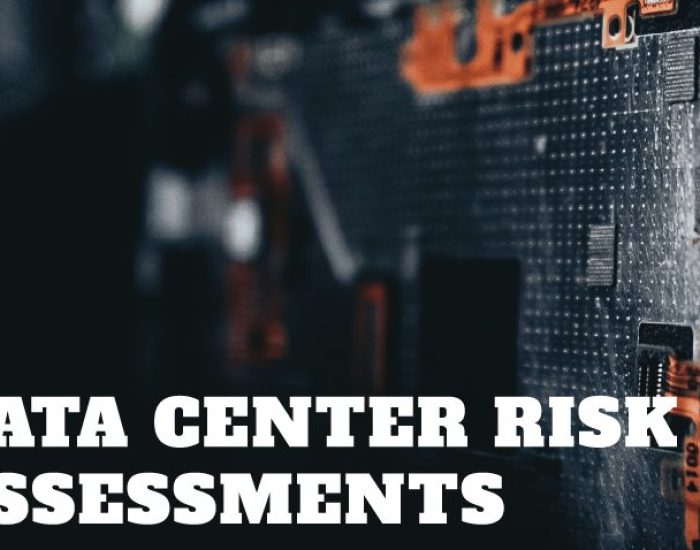Why Virtualization Should Be Considered?
Changing your IT environment to one that is Virtual allows you to instantly access nearly endless system resources that make for all-around optimal performance for your business. Virtualization also gets rid of potentially hazardous server rooms, cables, and bulky hardware; reducing overall IT costs as well as management expenditures.
First, let’s take a look at what Virtualization actually is. Virtualization is the process of migrating physical systems into a virtual environment. Essentially, it is the creation of a virtual device, resource, or operating system. By providing a virtual view of your systems, this allows you to turn one server into a host for a group of servers that all share the same resources.
By concentrating your storage and systems on servers and installing virtual machines (VMs) to end-users, costs of your systems/infrastructure will be reduced while, management, security, uptime and control, will all be optimized and faster.
Often, many think of virtualization as the actual cloud, however, the cloud is just a piece of virtualization. The most vital function of virtualization is the ability to run multiple operating systems and or applications on a single server. In doing this, productivity can be achieved by fewer servers. Overall, application performance will typically improve as a result of technology that balances resources and delivers what the end-user needs.
Virtualization is a solution for many organizations, however, it’s not for every business. So how do you determine if this application is right for your environment?
- If your company relies on multiple servers and is using laptops and networks, virtualizing the environment will immediately reduce capital costs since there will no longer be the need to pay upfront for hardware.
- Virtual environments enable you to run multiple operating systems on the same hardware, hence increasing the flexibility of your infrastructure. Many businesses spend a ton of money on an extra room to store large server racks, wires and pay IT personnel to maintain everything. In this scenario, virtualization will help reduce hardware costs while freeing up room space that can be utilized for other things.
- Infrastructure environments that are virtualized allow for rapid and simple scaling – up or down. If your server needs more processing or memory, resources can be easily added. The days of needing to physically add CPUs or RAM would be over because this concept is done with physical servers.
- Most maintenance tasks can be managed easily off-site and don’t require sending techs on site (another cost-saving feature). Also, the maintenance tasks can also be set up to run themselves across a variety of scenarios.
Why would you NOT virtualize?
If you run a very small business or a simple server scenario you might not need virtualization. While virtualization will save you money, there are set up costs involved. Perhaps you are not prepared for those expenditures at your current juncture. There is no point in virtualizing your systems if you can’t afford the tools and management systems required to support the technology.
Another reason would be if your software license does not allow you to run on virtual machines. It is always best to avoid anything that could breach your software license agreement, so be sure to check this before moving forward with virtualizing.
Protected Harbor delivers end to end IT solutions ranging from custom-designed systems, data center management, disaster recovery, ransomware protection, cloud services and more. On average, we save clients up to 30% on IT costs while increasing their productivity, durability and sustainability. Let our unique technology experts evaluate your current systems and design cost-effective, secure options.
If you are looking to learn more about virtualization solutions, contact Protected Harbor. www.protectedharbor.com 845-573-1098






